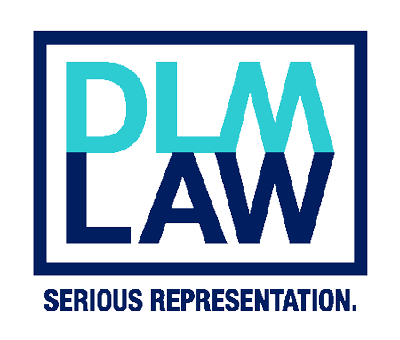One of the options that unhappy shareholders have is to sue an officer or director of the company they blame for the stock price suffering. This type of litigation is called a derivative lawsuit. Unlike most lawsuits, in which the plaintiff sues on their own behalf, in a derivative suit, the shareholder sues on behalf of the corporation against the third-party defendant.
This puts the shareholder in the position of enforcing rights enjoyed by the corporation when its leadership is apparently unwilling to do so themselves or is responsible for the damage to the company. For example, a derivative lawsuit can allege a breach of fiduciary duty through things like self-dealing, fraud, negligence and/or waste. Thus, derivative litigation (or the threat of it) can give shareholders some level of control over who runs the company and how they do it.
Procedural requirements
Each state has its own rules regarding when a stockholder has standing to file a derivative lawsuit. Some states require that the party have been a shareholder at the time of the alleged misconduct. Others further require the plaintiff to hold onto their stock until the litigation is resolved. The law also generally requires a would-be plaintiff to first submit their complaints in writing to the corporation’s management. If management does not take action in response, the plaintiff must show that no action was taken and that the leadership’s misconduct has harmed the company. They must also provide notice to the other shareholders to give them a chance to join the suit.
Complex litigation needs strong legal support
A derivative lawsuit tends to be highly complex litigation. It requires experienced and proven legal representation for everyone involved to reach a reasonable and practical resolution.

